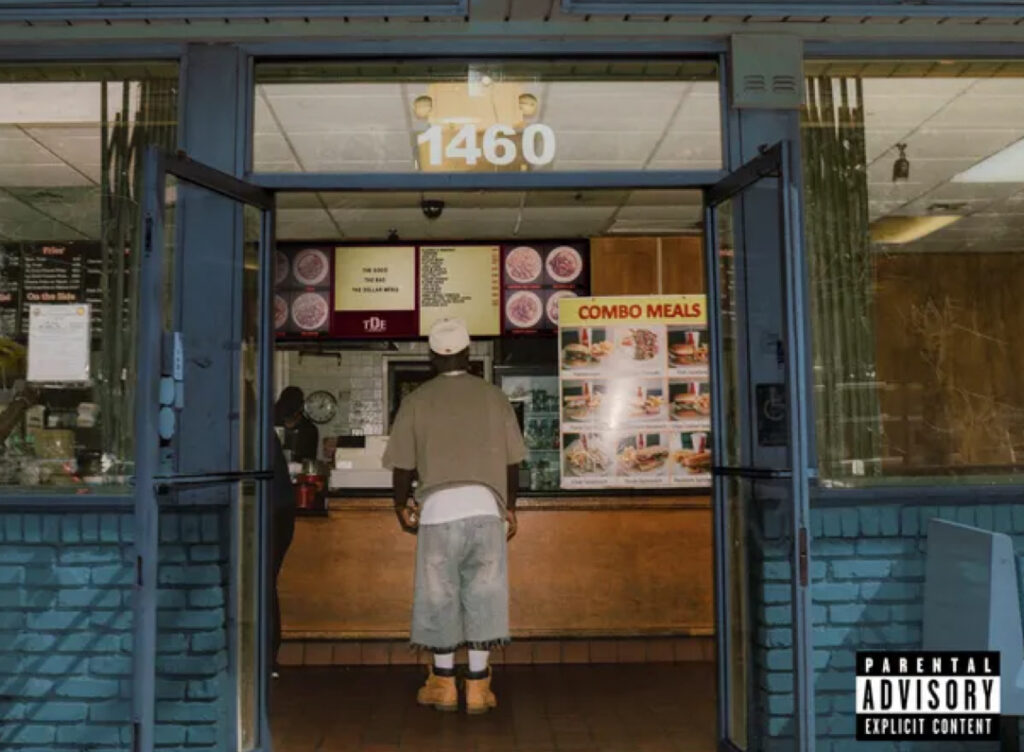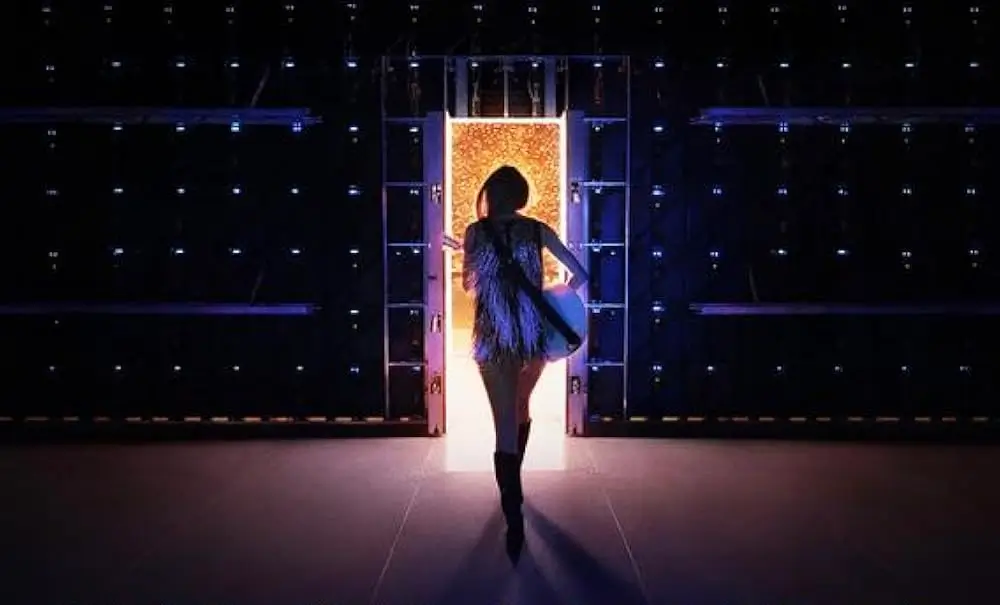In a cultural moment often driven by spectacle and overproduction, LaRussell’s Look @ God arrives as something radically simple and disarmingly powerful. With just a few minutes of music, the Vallejo rapper manages to compress a lifetime of gratitude, struggle, and personal evolution into a body of sound that feels less like a song and more like a spiritual affirmation. Look @ God is not merely another entry into LaRussell’s rapidly expanding catalog; it is a cornerstone — a moment where the personal becomes universal, and where survival itself is honored as a sacred achievement.
LaRussell has made a career out of vulnerability. Across projects, freestyles, and community-rooted performances, he has always prioritized truth over flash, sincerity over spectacle. Look @ God crystallizes this ethos. It is the sound of a man pausing — not to gloat, not to boast — but to marvel aloud that he is still here, still moving, still blessed.
The Sonic Architecture: Minimalism as Reverence
Look @ God rides atop an instrumental that is almost austere in its simplicity: warm basslines, gently looping chords, and sparse percussion that leaves space for air, for breath, for reflection. The production is soft-spoken yet confident, refusing to overwhelm the listener. Instead, it invites intimacy.
This sonic minimalism mirrors the emotional focus of the track. Just as LaRussell’s verses avoid over-complication, the beat refuses unnecessary ornamentation. Every element feels intentional — not stripped down for the sake of trend, but tuned precisely to amplify feeling.
The choice to keep the sonic backdrop humble is, itself, a narrative act. It suggests that the grandeur LaRussell is celebrating isn’t found in riches or external trophies but in quieter, more personal victories: staying alive, remaining kind, making art that matters.
Lyrical Reverence: The Sacred in the Ordinary
LaRussell’s lyrical approach in Look @ God is conversational, almost journalistic in its directness. He recounts memories and moments without theatricality, allowing raw gratitude to take center stage.
“Used to wonder if I’d make it out, now I’m smiling at the sky,” he delivers, voice steady but tinged with emotion. There is no facade here — no hardened bravado or ironic detachment. Instead, LaRussell’s words land like diary entries spoken aloud, heavy with the kind of gratitude that can only be earned through hardship.
Faith, in Look @ God, is not abstract. It is immediate and embodied. It’s the faith of someone who has faced the day-to-day grind of obscurity, financial instability, personal doubt — and still woke up, still wrote, still built something lasting. It’s a faith that does not demand explanation or spectacle. It simply is.
LaRussell frames survival itself as a miracle. He resists the temptation to center material success as the marker of blessing. Instead, the act of waking up, of continuing to create, of remaining connected to community and purpose — these are framed as divine gifts worthy of praise.
Performance as Prayer: Delivery and Cadence
What distinguishes Look @ God even further is LaRussell’s delivery. His flow is measured, contemplative, and fluid. There is a conversational rhythm to his performance, as if we are overhearing a deeply personal prayer offered up without expectation of reply.
There are no studio tricks, no distorted ad-libs, no gimmicky flows. Instead, every line is given space to linger, to resonate. LaRussell sounds like someone profoundly aware of the words he is speaking — someone who understands the stakes of telling his story plainly.
The understated intensity of his performance creates a bridge between artist and listener. He does not position himself as above his audience, but among them. His blessings are not distant or unattainable; they are within reach, hard-won, and shared.
Context Within LaRussell’s Journey
Look @ God makes even more sense when viewed against the larger tapestry of LaRussell’s career. From his grassroots performances — often held in backyards, community centers, or self-built stages — to his candid conversations about independence and ownership, LaRussell has consistently prioritized authenticity over mass-market appeal.
His journey has been less about chasing industry trends and more about carving out a space where honesty and vulnerability are the dominant currencies. Look @ God fits seamlessly into this vision. It is not a radio hit engineered for virality; it is a document of arrival, a proof of faith made flesh.
Moreover, the song continues LaRussell’s commitment to making music that feels communal. His gratitude is not self-centered. When he says Look @ God, he is not only marveling at his own journey but implicitly inviting listeners to reflect on their own — to recognize the unseen grace in their survival, in their ongoing struggles and small victories.
A Broader Message: Radical Gratitude in Hard Times
In the broader context of modern hip-hop — where narratives often skew toward excess, dominance, and materialism — Look @ God offers a refreshing counterpoint. It is not naïve; LaRussell does not ignore hardship or glamorize suffering. But he reframes the conversation. The real flex, he suggests, is not the mansion or the Lambo; it’s waking up and finding reasons to smile despite everything.
This is radical gratitude: gratitude not conditioned on circumstances, not postponed until some distant “success” is achieved, but practiced here and now. In a culture that often measures worth by metrics and milestones, Look @ God reminds us that worth can also be measured in resilience, in kindness, in the stubborn act of continuing to believe.
LaRussell’s offering is deeply spiritual without being dogmatic. There are no sermons, no prescriptions — only testimony. By making his own gratitude visible, he gives permission for others to recognize and celebrate their own.
Conclusion: Witnessing a Living Testament
Look @ God is more than a song; it is a moment of stillness offered in a frantic world. It is a reminder that success can be quiet, that faith can be simple, that gratitude can be revolutionary.
Through honest storytelling, minimalist production, and a performance filled with awe rather than arrogance, LaRussell invites us into a sacred space — one where survival is celebrated, where small victories are revered, and where every breath is recognized as a gift.
In Look @ God, LaRussell does not claim perfection. He claims presence. He claims grace. And in doing so, he gives listeners something rare and necessary: the reminder that amid everything — the chaos, the noise, the hardship — there is still wonder worth pausing for, still light worth looking toward.
No comments yet.








